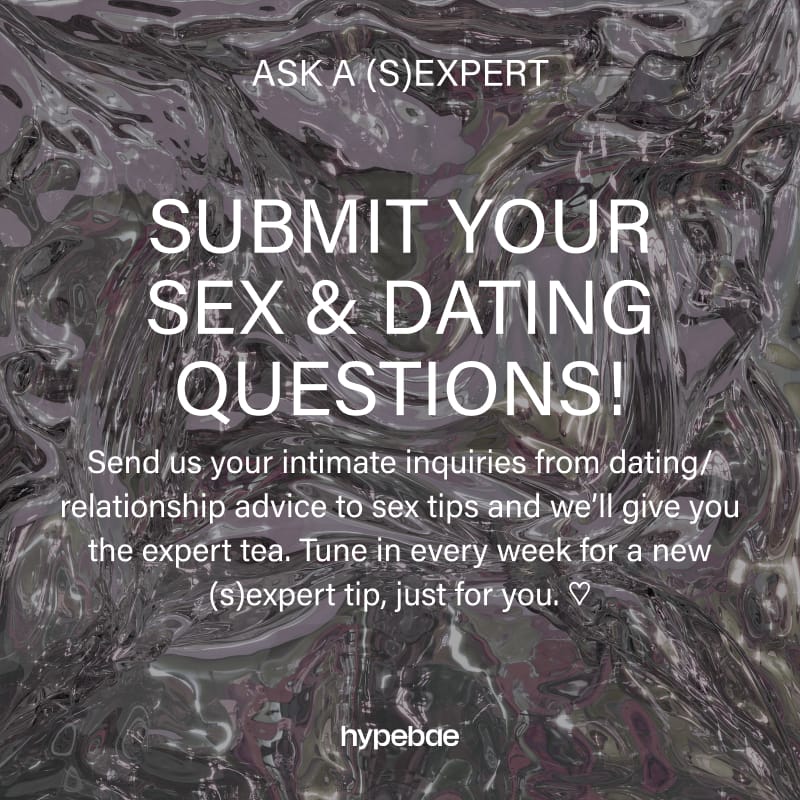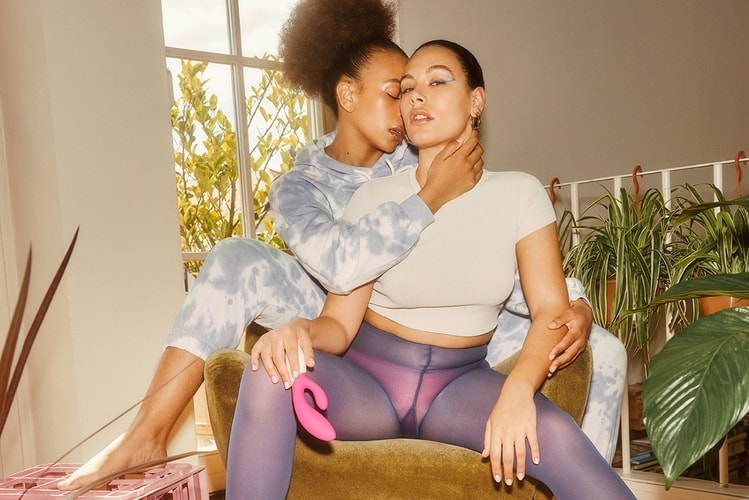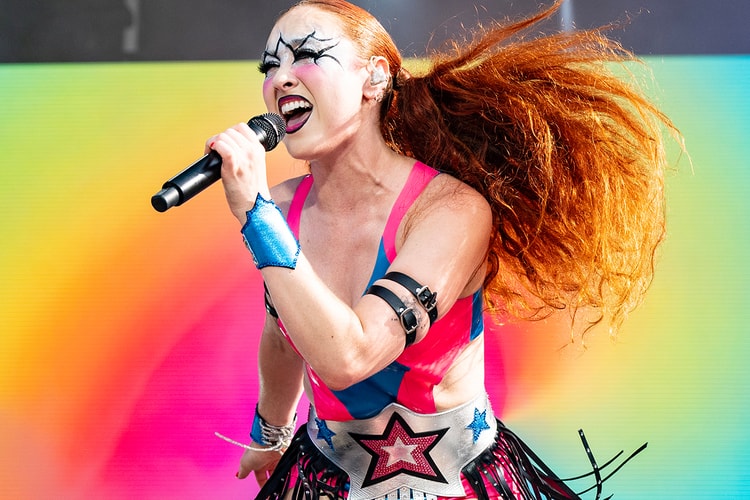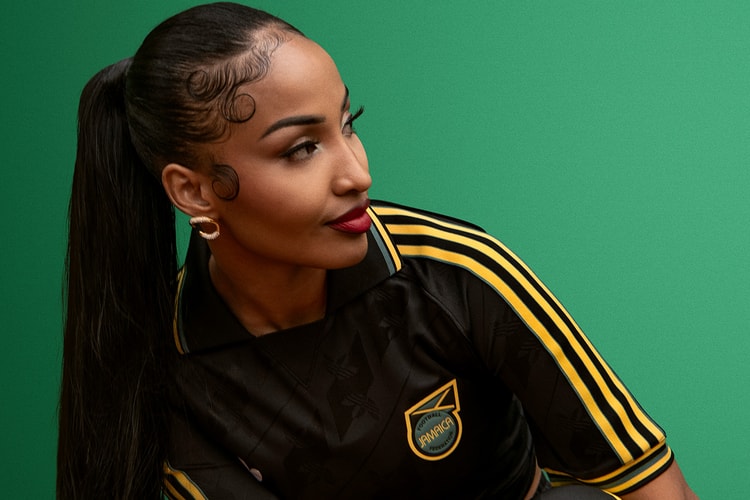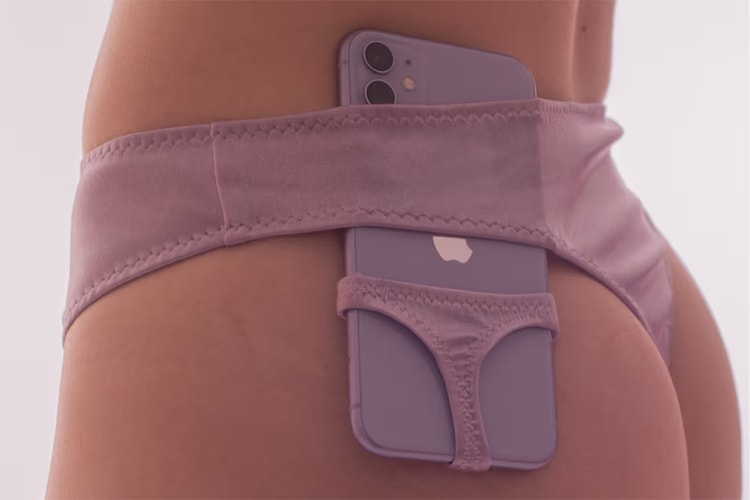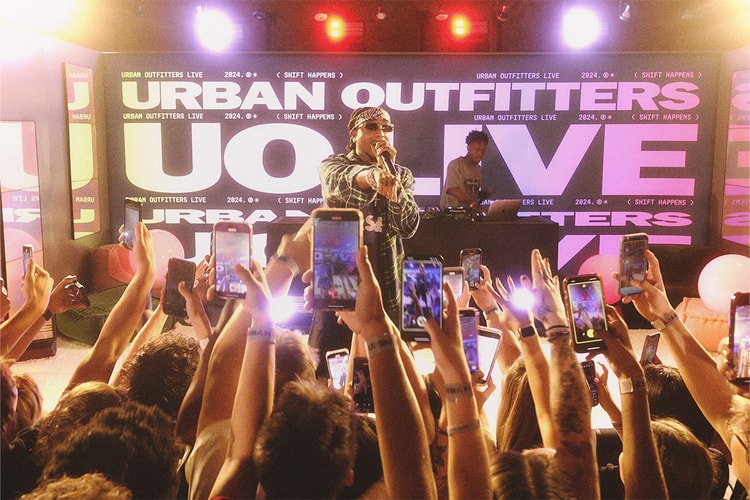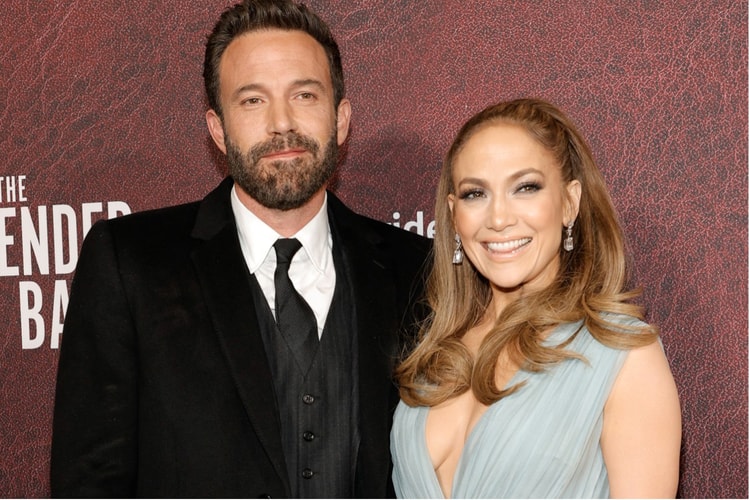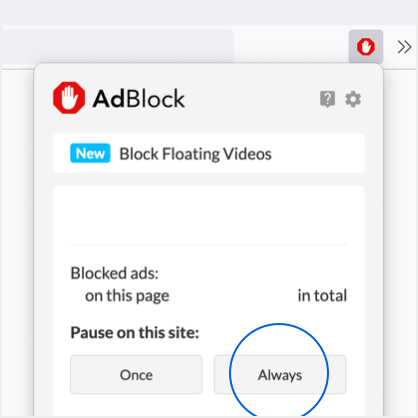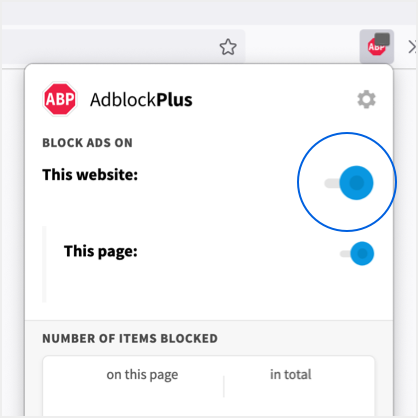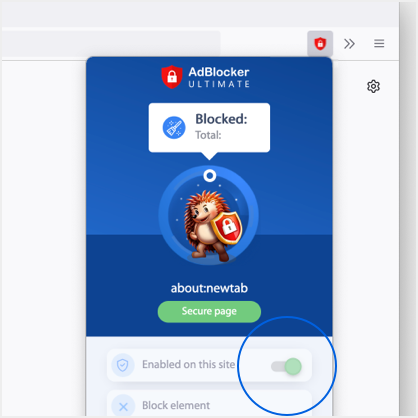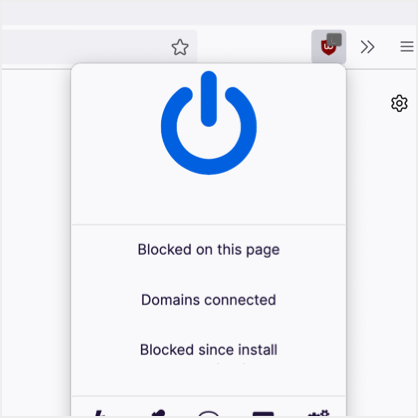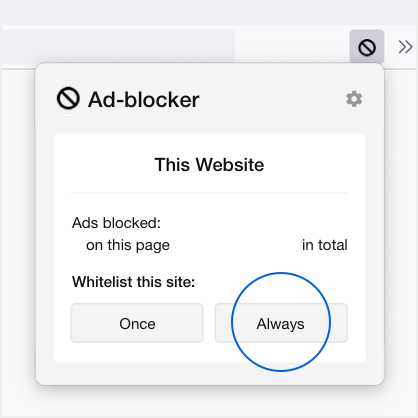Dearest Reader, We Have A Problem: Deepfake Porn
Yup, the nonconsensual form of porn is *still* legal.
Following the news of deepfake porn rising to trend status, Australia’s Attorney General announces the criminalization of distributing deepfake porn, punishable up to seven years. The UK has also begun cracking down on deepfake porn, recently shutting down the largest distributor.
When news broke of Taylor Swift deepfake porn, her fans rightfully lost it. The “Cruel Summer” star had not consented to the creation of or distribution of this content, yet she was forced to view viral news about her alleged sex tape. Now think of the women who don’t have internet brigades ready to defend them at a moment’s notice. Whether you’re a celebrity or not, no one deserves to be exploited in this way. Yet research conducted by Google and Harvard University’s Lumen database revealed that this trend is only growing more and more out of hand.
One search of “deepfake porn” on Google Trends will reveal a list of popular female influencers, “deepfake AI tool” and “deepfake free,” revealing a growing desire for this content. According to WIRED, “The number of nonconsensual deepfake porn videos online has exploded since 2017.” These videos have notoriously targeted women in powerful community positions, for example, Swift, known “Twitch streamers, gamers and other forms of content creators.”
It’s important to note that the distribution of nonconsensual deepfake porn is illegal, while the creation of deepfakes isn’t. After proposing new legislature, the government shared a press release. “The new law will mean that if someone creates a sexually explicit deepfake, even if they have no intent to share it but purely want to cause alarm, humiliation or distress to the victim, they will be committing a criminal offence.” Those creating and distributing deepfakes will experience both charges. “It will also strengthen existing offences as if a person both creates this kind of image and then shares it, the CPS could charge them with two offences, potentially leading to their sentence being increased.”
In total, there have been “thousands of takedown requests” with the number of requests rising daily. “More than 13,000 copyright complaints — encompassing almost 30,000 URLs — have been made to Google concerning content on a dozen of the most popular deepfake websites.” What’s most concerning is thousands of requests can be linked to two websites.
The problem with deepfake porn lies in two realities. One, anyone can learn how to make convincing deepfakes with one quick search. Two, there are no laws restricting the creation of deepfakes, despite a growing interest in creating new legislature.
It’s important to note that the women targeted are often in positions of power, and for Twitch streamers and gamers, they have communities of male subscribers who would have otherwise had no intimate access to them. Similar to men bragging about abusing their AI girlfriends in 2022, the world of tech exposes the current status of culture and it’s clear that the rise of deepfake porn is a concerning mode of control and power for many internet incels.
With that being said, is initiating takedowns enough?
In other news, Love Island: USA‘s Kendall opens up about his experience with revenge porn.
This article was originally published on March 12, 2024.
